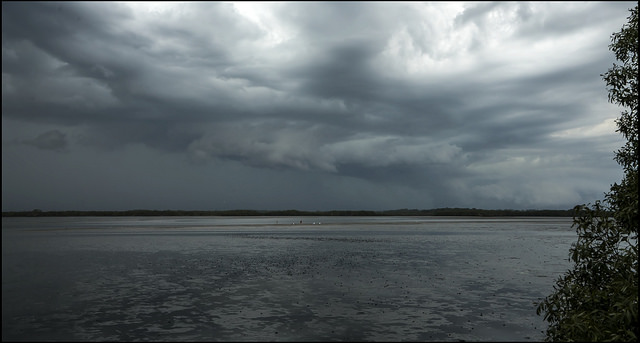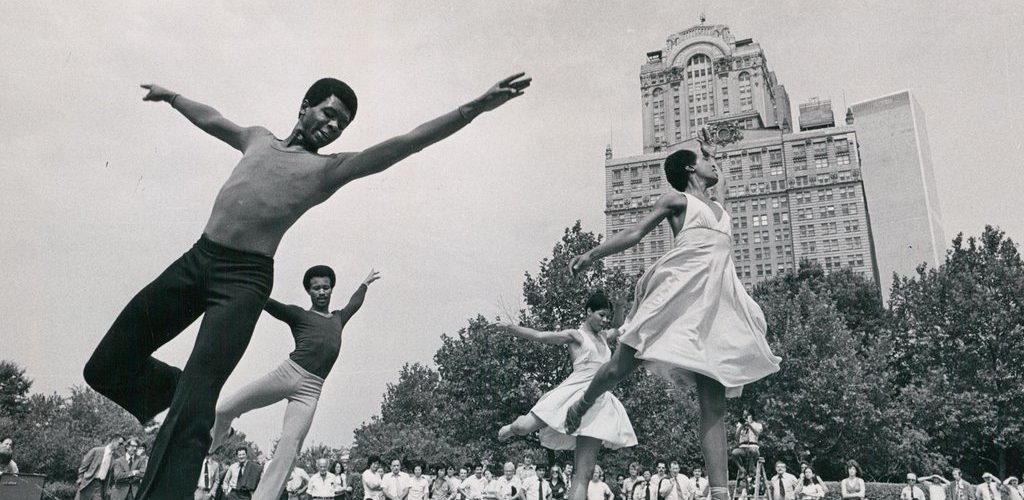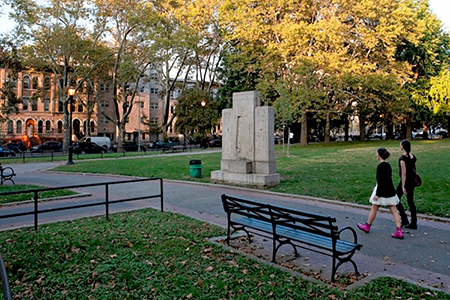
Congratulations to Dr. Julie Beth Napolin, recipient of the annual J.H. Stape Prize for best essay with “Music’s Unseen Body: Cowell, Conrad, Du Bois, and the Beginnings of... Read More

Lang’s very own Elizabeth Kendall, Associate Professor of Liberal Studies and Literary Studies, has been published on The New York Times! Her piece, titled... Read More

Eleven and a Half, Eugene Lang’s literary journal, is seeking submissions from undergraduates! Whether your concentration is Poetry, Fiction, Art, or Nonfiction…all are welcome. ... Read More

The Foundationalist, a literary journal at Bowdoin College, is seeking submissions from undergraduates across the country. “The Foundationalist accepts literary essays, poetry, fiction, and creative... Read More
Literary Studies Welcome Back Tea & Faculty Reading – Thurs., September 10, 2020 (5:00 PM) Register here Literature Capstone Info Session – Tues., September... Read More

A collection of inspiring student work, faculty writing, and more from the Literary Studies department at Eugene Lang. Even though the Lang community might... Read More

Carolyn Vellenga Berman, associate professor of Literature, reflected in Public Seminar on the experience of teaching our core course, Literary Reinvention, as it moved online... Read More
Professor Elizabeth Kendall offered some poignant closing thoughts during the 2020 Literary Studies Capstone Readings. Please see the transcription below. (The following speech took... Read More
Professor Elizabeth Kendall offered some poignant closing thoughts during the 2020 Literary Studies Capstone Readings. Please see the transcription below.
(The following speech took place on May 13th, 2020, to 7 Literature Capstones and 11 Writing Capstones, at their Zoom Reading.)
We’re in a terrible time – or, some other adjectives I’ve heard: crazy, wacky, inexplicable, obscene…. No one knows what to call it. We’re all afraid – of the virus. You -the class of 2020 – have some other things on your minds too. What are you going to do in a new life, whose structure you can’t see yet? I’m sure your parents feel it for you – and for themselves. “How can we help???”
On the other hand – (there has to be an “on the other hand,”) – your graduating class will be legendary. “You’re from the class of 2020!” people are going to say. “OMG how did you manage?” (It sometimes helps to jump into the far future.)
But for the 18 of you, right now, this “legendary” has been earned, already. Look what you’ve accomplished. And in what conditions. You had to uproot from New York in an instant – from the “New Yorks” you created for yourselves. You’re all over the place – San Diego, San Francisco, Austin, Miami, Chicago… One of my class had to take two cross-country car trips to get to shelter.
And yet…you passed what would be, in the best of conditions, a grueling test. You finished your Capstones. You managed to find a corner, a desk, a light, a functioning computer – and the grit – to do this. Not just grit. Actual courage. And not just to finish. My Capstones, are astonishingly good. As you just heard. The Literature Capstones, the same. Like – maybe they’re better than they might have been? Each of my 11 writers found a broadband, where the writing falls with the right weight. And that’s hard!
I think of you all as explorers, who’ve gone, with a lantern (called “writing”), into the deepest, darkest, places inside yourselves, where live fear, sloth, despair, paralysis – and their opposites. And you’ve come out to tell the tale. You know those places in yourselves.
EB White writes, in his great essay “Here is New York,” that the city can bestow on its people, the gift of loneliness and the gift of privacy. But only on those who “desire such queer prizes.” What he’s really saying is: not everyone will learn what New York can (secretly) teach – something like inner freedom, the possibility of saying true things – and therefore fresh things – to oneself, and to others.
You, already possess those “gifts.” Your work shows it. You have that New York inside you (not just our stricken New York). These New York “gifts” will help you, no matter where you go and what you do. Because you accepted them.
Bravo! And Happy Graduation.
Congratulations to Dr. Julie Beth Napolin, recipient of the annual J.H. Stape Prize for best essay with “Music’s Unseen Body: Cowell, Conrad, Du Bois, and the Beginnings of American Experimental Music,” published in Conradiana (vol. 48 nos. 2-3).
From the author:
This essay unseats the traditional origin story of American experimental music as “organized sound” that moves from Henry Cowell to his student John Cage and to minimalism. It traverses a diasporic vibration.
Published in 2020, the essay was part of the 2017 “Conradian Crosscurrents: Creativity and Critique Conference” at Fordham University. The special issue of Conradiana (vol. 48 nos. 2-3) also features essays by Adriana Cavarero, James Clifford, and J. Hillis Miller.
(Download the essay here.)